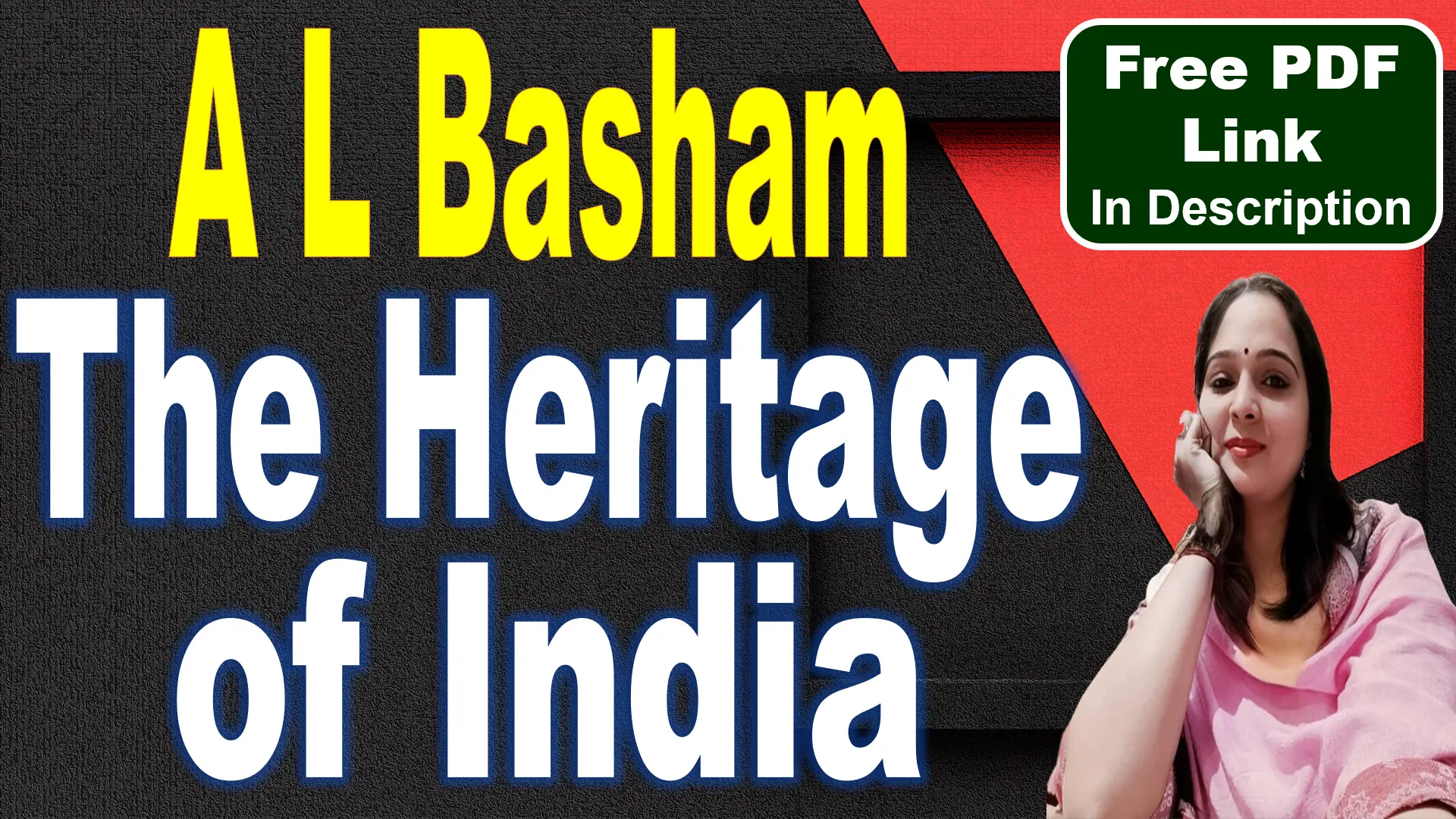
11. Bacon suggests studies must be complemented by:
A. Wealth
B. Experience
C. Creativity
D. Controversy
Answer: B (Experience)
Explanation: Bacon emphasizes that studies alone are insufficient and must be balanced with experience to be truly effective. While studies provide theoretical knowledge and general principles, experience brings practical insights and real-world application. This combination ensures that knowledge is not just academic but actionable and relevant in decision-making.
12. “Crafty men ___ studies”:
A. Use
B. Condemn
C. Appreciate
D. Ignore
Answer: B (Condemn)
Explanation: Bacon notes that crafty men often disdain studies because they prioritize cunning and manipulation over learning. Studies encourage thoughtful reflection and intellectual development, which are contrary to the sly tactics and short-term gains crafty men seek. This distinction highlights the character differences between those who value knowledge and those who do not.
13. “Simple men ___ studies”:
A. Condemn
B. Ignore
C. Admire
D. Use
Answer: C (Admire)
Explanation: According to Bacon, simple men, lacking deep understanding, admire studies superficially. They recognize the value of learning but are unable to fully grasp or utilize it. This admiration reflects their respect for knowledge as an ideal, even if they lack the capacity to apply it practically or critically.
14. “Wise men ___ studies”:
A. Ignore
B. Use
C. Fear
D. Dismiss
Answer: B (Use)
Explanation: Bacon praises wise men for their practical application of studies. Unlike crafty or simple men, wise men understand the true purpose of learning. They use knowledge to enhance their judgment, make better decisions, and improve their lives and society. This perspective underscores the transformative power of knowledge when used wisely.
15. What does Bacon say about reading?
A. Read to argue and contradict
B. Read to blindly believe
C. Read to weigh and consider
D. Read to memorize facts
Answer: C (Read to weigh and consider)
Explanation: Bacon advises readers to approach reading critically and thoughtfully. The purpose of reading should not be to argue, blindly accept, or gather superficial knowledge, but to analyze and evaluate the ideas presented. This reflective approach enables readers to extract meaningful insights and apply them effectively.
16. According to Bacon, who are “Cymini Sectores”?
A. Philosophers
B. Lawyers
C. Schoolmen
D. Poets
Answer: C (Schoolmen)
Explanation: The term “Cymini Sectores” refers to Schoolmen, medieval theologians and philosophers known for their meticulous and hair-splitting arguments. Bacon suggests that studying the Schoolmen is beneficial for those who struggle to find distinctions or analyze subtle differences, as their work trains the mind in precision and analytical reasoning.
17. What is the Latin phrase used by Bacon in the essay?
A. Cogito, Ergo Sum
B. Carpe Diem
C. Abeunt Studia in Mores
D. Tabula Rasa
Answer: C (Abeunt Studia in Mores)
Explanation: The phrase “Abeunt Studia in Mores” translates to “Studies pass into and influence manners.” Bacon uses it to convey that what we study shapes our behavior, attitudes, and character. This idea emphasizes the ethical and moral impact of education on personal development and conduct.
18. What is the remedy for a mind that struggles to distinguish differences?
A. Study History
B. Study Philosophy
C. Study the Schoolmen
D. Study Mathematics
Answer: C (Study the Schoolmen)
Explanation: Bacon recommends the Schoolmen’s works for those who find it difficult to identify and analyze differences. The Schoolmen’s detailed, logical arguments encourage a disciplined approach to reasoning, helping individuals develop the ability to discern nuances and make finer distinctions in thought and debate.
19. What, according to Bacon, is the effect of reading little?
A. One needs to have great memory
B. One becomes ignorant
C. One lacks discipline
D. One becomes a scholar
Answer: A (One needs to have great memory)
Explanation: Bacon argues that those who read little must compensate with a strong memory to appear knowledgeable. Without adequate reading, individuals lack a broad foundation of ideas, forcing them to rely heavily on recalling limited information. This lack of exposure to diverse knowledge limits their intellectual depth.
20. What is Bacon’s main message in “Of Studies”?
A. Studies are essential but require balance with experience
B. Studies are only for the elite
C. Studies should be pursued with blind devotion
D. Studies are the sole path to wisdom
Answer: A (Studies are essential but require balance with experience)
Explanation: Bacon highlights the value of studies in providing knowledge, delight, and skills. However, he warns that studies alone are insufficient without the practical guidance of experience. This balance ensures that knowledge is not just theoretical but applicable to real-world scenarios, leading to holistic personal and professional growth.





